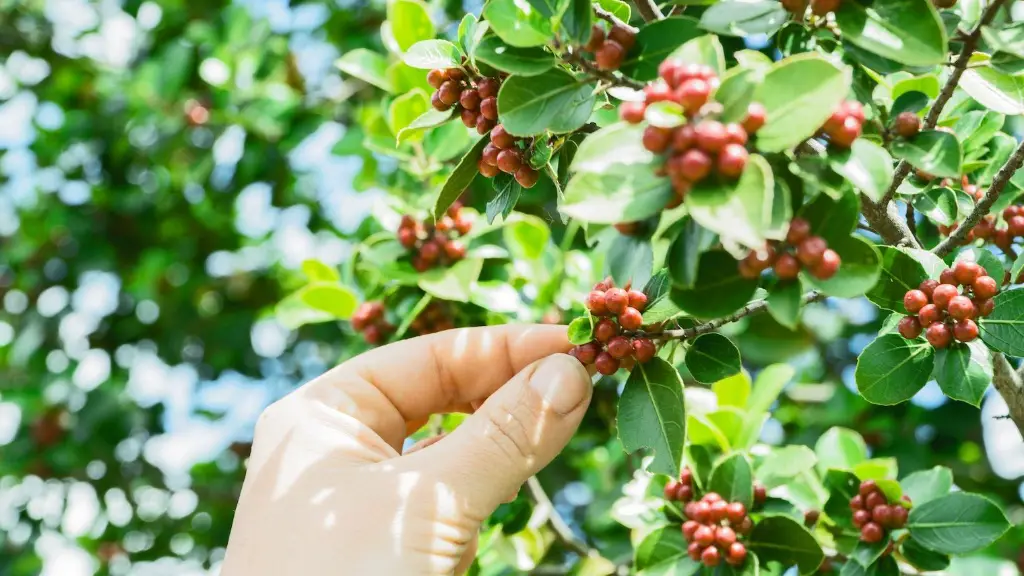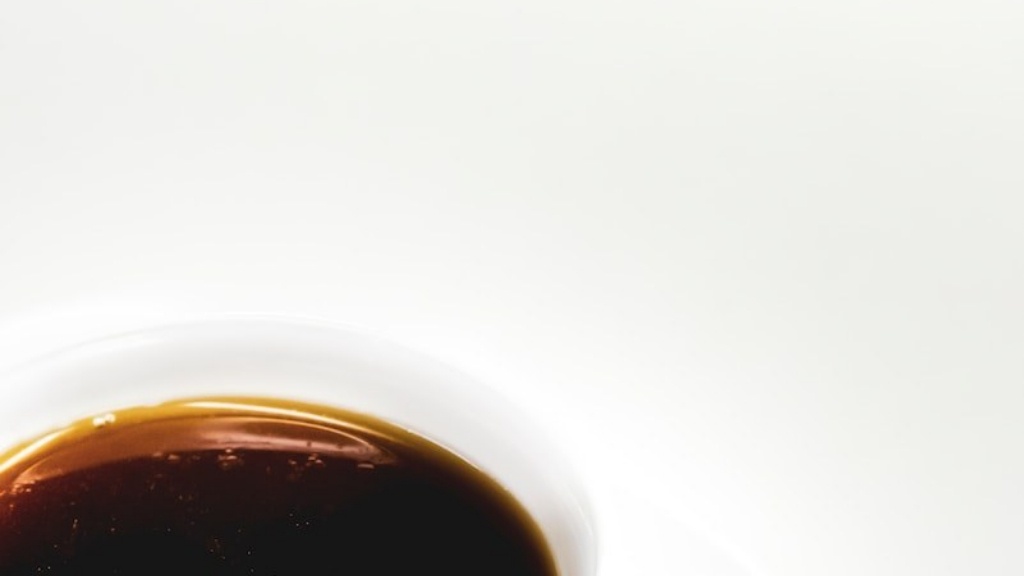Caffeine and Intermittent Fasting
As diets become increasingly popular throughout the world, individuals are becoming more aware of their meal plans and how the food they consume affects their body. One particular dieting trend, intermittent fasting, has become especially trendy in recent years and has generated a debate on certain foods and whether they should be consumed while fasting. Both tea and coffee contain caffeine and many individuals who follow intermittent fasting are curious about the effects of caffeine on their diet. Does caffeine disrupt the metabolic benefits associated with intermittent fasting? Is it possible to drink coffee or tea while fasting?
Intermittent fasting is defined as a regular fasting schedule that focuses around a specific timeframe of eating and abstaining from meals. Rather than “dieting”, intermittent fasting aims to shift when individuals eat and consumes focus on nutrient quality. “Time-restricted eating”, for example, is an intermittent fasting technique that controls when an individual eats and for which hours of the day are reserved for eating. Generally, individuals must fast for 16 hours and typically consume all their energy needs within the remaining 8 hours. Through this method, individuals can reduce their food intake significantly and may experience some weight loss originating from this form of dieting.
In terms of tea and coffee consumption, some intermittent fasting protocols recommend to abstain from caffeine while fasting. This is mainly driven by the fact that caffeine is a stimulant and can increase hunger throughout the fasting day. Caffeine may also increase the urge to snack, making individuals feel less satiated and potentially disrupting their fasting periods. Additionally, caffeine can induce a temporary “high” which later causes a collapse in energy levels and may further disrupt an individual’s metabolic process. Lastly, caffeine tends to increase dehydration and may stop the body from experiencing the full benefits of fasting.
However, that is not to say that tea and coffee consumption is restricted entirely during fasting periods. Several studies have presented evidence that some caffeine consumption may actually be beneficial for the body. According to one meta-analysis, moderate caffeine intake (i.e. up to 100 mg per day) does not significantly affect energy expenditure or fasting blood glucose levels. Moreover, some studies suggest that caffeine consumption actually increases energy expenditure, decreases food consumption and may improve metabolic health. Research has also found that having a cup of tea or coffee during fasting periods can reduce hunger and fill in one’s cravings. Thus, as long as an individual follows a moderate caffeine consumption, intermittent fasting along with drinking tea and coffee should be fine.
When considering tea and coffee consumption while intermittent fasting, moderation is key. Too much caffeine can disrupt the metabolic process and cause an individual to feel more hungry or tired. If an individual decides to drink coffee or tea while fasting, they should monitor how their body reacts to caffeine and adjust their intake as necessary. However, some caffeine during fasting can be beneficial and can improve one’s metabolism, especially if it is consumed without additional calories.
Caffeine Sources
When trying to incorporate caffeine sources into one’s intermittent fasting diet, it is important to remember that the strength of a cup of coffee can vary greatly. For example, a shot of espresso contains 75 mg of caffeine while an 8-ounce cup of coffee can range from 95-165 mg. The strength of a cup of tea can also range from 10-60 mg, depending on how it is brewed. Thus, depending on an individual’s caffeine tolerance, one cup of coffee or tea may contain too much caffeine for them to consume.
However, there are other methods of consuming caffeine without disrupting one’s fast. Caffeinated teas, such as green tea and oolong tea, contain much lower amounts of caffeine and are often recommended for intermittent fasting. For those who would like to avoid the taste of tea, caffeine pills and supplements, such as guarana, kola nut and yerba mate, may provide another caffeine source. While it is best to avoid adding sugar and milk in tea and coffee, some individuals may find adding natural non-caloric sweeteners, such as stevia, to their beverage more enjoyable.
Effects on Weight Loss
Various studies on the effects of intermittent fasting on weight loss have produced mixed results. In terms of general weight loss, some studies have suggested that intermittent fasting promotes steady weight loss while others believe there may be a difference between who responds better to intermittent fasting based on the type of food they consume. For example, it was found that one specific dietary pattern of intermittent fasting (i.e. alternate-day fasting) resulted in a higher amount of weight loss among individuals who reduced their fat intake than those who reduced their carbohydrate intake.
In relation to tea and coffee consumption, weight loss appears to depend on the type of caffeine consumed as well as the caffeine content. Research has found that “coffee diets” and green tea diets both demonstrated significant weight loss compared with regular diets. Moreover, it was found that green tea extract supplements, which are high in caffeine, triggered higher energy concentrations and could accelerate fat oxidation process more efficiently than regular tea.
Despite evidence supporting weight loss from the consumption of tea and coffee, one should note that weight loss ultimately depends on a variety of external factors and is highly individualistic. One should also be aware that most of the studies involving tea or coffee consumption and intermittent fasting were conducted on animals and while they may provide useful indication on the effects of tea and coffee consumption, further research is needed on the long-term effects of such dieting.
Side Effects
While some evidence suggests that caffeine can provide a benefit during intermittent fasting, there are also some potential side effects associated with drinking tea and coffee while fasting. For those with a low tolerance to caffeine, the side effects may be reported more quickly than those whose bodies are accustomed to it. Typically, from too much caffeine consumption, individuals may experience palpitations, headaches, nausea and digestive issues. Moreover, consuming large amounts of caffeine may contribute to dehydration, which can be dangerous for individuals who are fasting for long periods of time as dehydration may cause dizziness, exhaustion and even death.
Moreover, discontinuing caffeine after a period of regular caffeine consumption may cause withdrawal symptoms. These may include headaches, mood swings and a decrease in energy. Thus, individuals who decide to incorporate tea and coffee into their intermittent fasting should treat their caffeine intake with caution and should not increase their intake too suddenly.
Conclusion
Intermittent fasting, coupled with tea and coffee consumption, can provide a promising dieting protocol to accelerate weight loss. While each individual has different responses to caffeine and different ‘fasting windows’, finding the right balance and the right level of caffeine can greatly improve one’s weight loss. However, it is important to note that caffeine is still a diuretic and can cause dehydration during the fasting period. Too much caffeine can also cause discomfort due to its stimulating effect on the body. Thus, it is imperative to consider individual responses to learn the most effective dose and to monitor the strength of one’s cup of coffee or tea.



